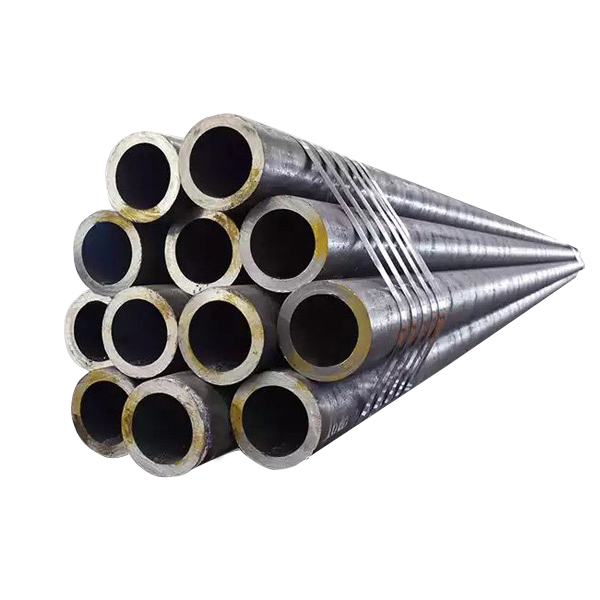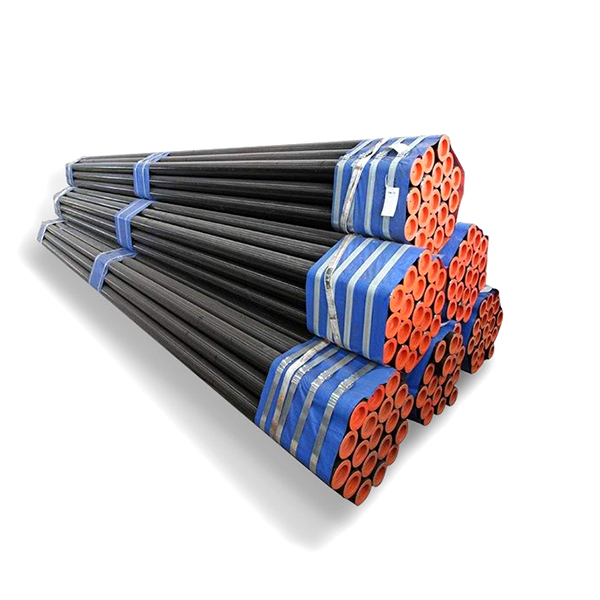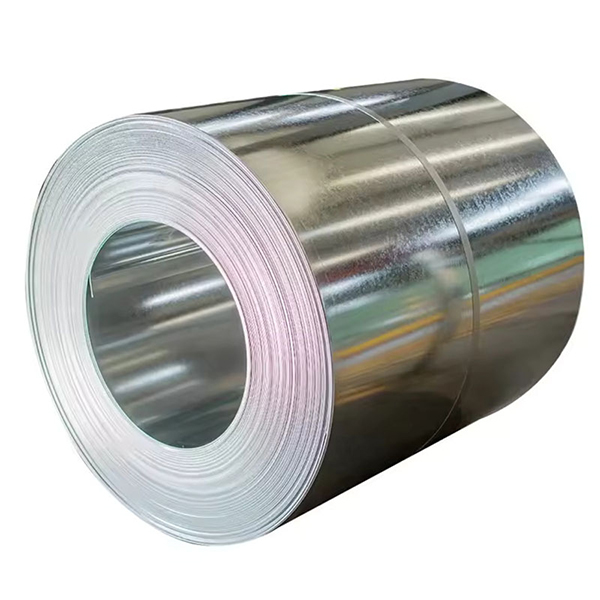Comparison of Corrosion Resistance among Different Types of Steel
Steel, as a fundamental material in modern industry and construction, its performance directly affects the quality and service life of projects. Corrosion resistance, as an extremely important property in the application of steel, determines whether steel can adapt to complex and changeable environments and ensure the safety and stability of structures.
I. Corrosion Resistance of Carbon Steel
Carbon steel is widely used in construction, manufacturing and machinery due to its low cost and good mechanical properties. However, its main drawback is poor corrosion resistance, and it is prone to rusting in humid environments. To enhance the corrosion resistance of carbon steel, methods such as coating protection and rust prevention treatment are usually employed for reinforcement, but its inherent corrosion resistance remains limited.
II. The Corrosion Resistance Advantage of Stainless Steel
Stainless steel contains a high proportion of chromium (Cr), which forms a dense oxide film, providing excellent rust prevention properties. Especially the austenitic type stainless steel can exhibit outstanding corrosion resistance in various harsh environments. It has strong acid and alkali resistance as well as salt spray resistance, and is widely used in chemical equipment, marine engineering, and food machinery, etc.
III. Corrosion Resistance Characteristics of Alloy Steel
Alloy steel enhances the overall performance of steel by adding elements such as nickel, molybdenum, and copper. This includes improving the corrosion resistance of the steel. Specifically, different alloy elements are selected for different environments. For instance, molybdenum-containing alloy steel performs exceptionally well in resisting chloride corrosion and is suitable for applications in the marine and petrochemical industries.
IV. Corrosion Resistance of Hot-Dip Galvanized Steel
Hot-dip galvanized steel is a type of steel that has a layer of zinc coated on its surface. This is achieved through electroplating or hot-dip galvanizing processes to form a protective layer. The zinc layer not only effectively blocks air and moisture but also further protects the steel substrate from corrosion due to its sacrificial anode effect. Hot-dip galvanized steel is widely used in bridges, transportation facilities, and outdoor buildings.
V. Summary of Corrosion Resistance Performance Comparison
Carbon Steel: Low cost, good mechanical properties, weak corrosion resistance, requires external protection.
Stainless Steel: Strong corrosion resistance, wide applicable environment, but higher price.
Alloy Steel: Enhances corrosion resistance through alloy elements, highly targeted, flexible application.
Hot-dip Galvanized Steel: An economical and effective anti-corrosion method, suitable for outdoor and humid environments.
The corrosion resistance properties of different types of steel vary. When choosing the appropriate steel, not only the corrosion resistance capability needs to be considered, but also factors such as the usage environment and economic considerations should be taken into account. The industry should focus on technological innovation and process improvement to promote the upgrading of steel product quality and meet the higher requirements of modern engineering for safety and durability.





